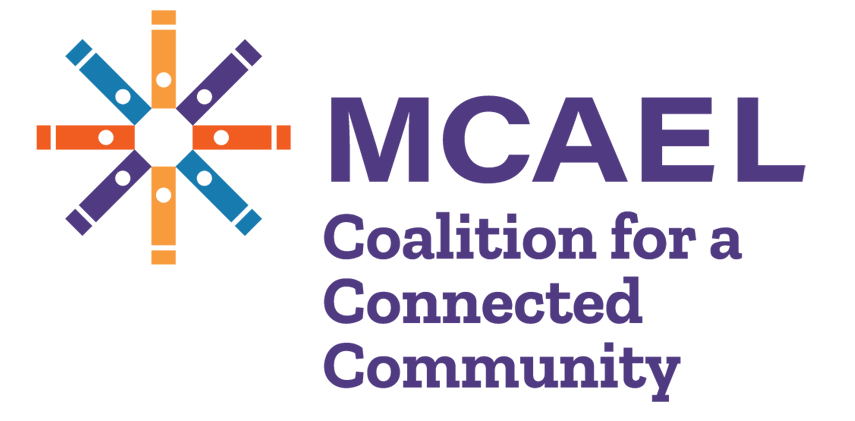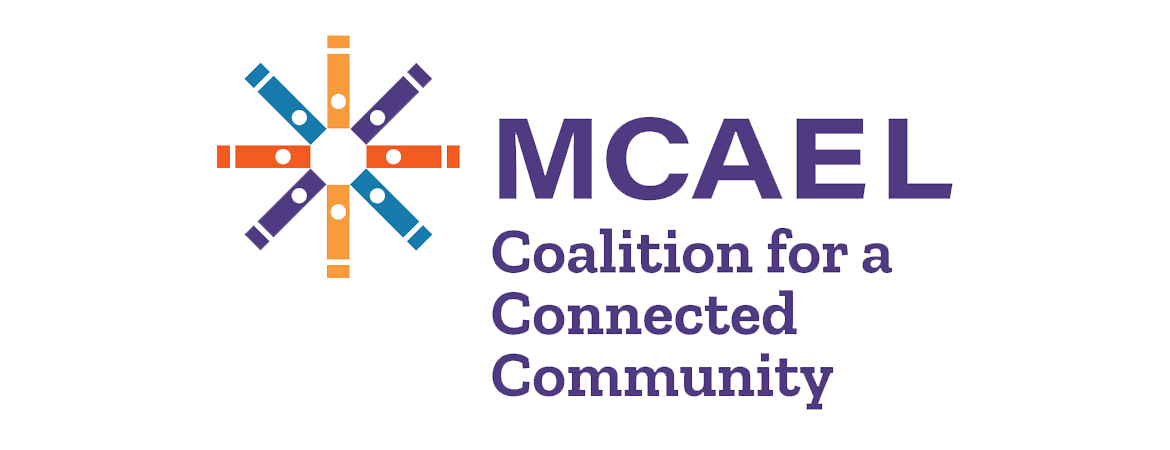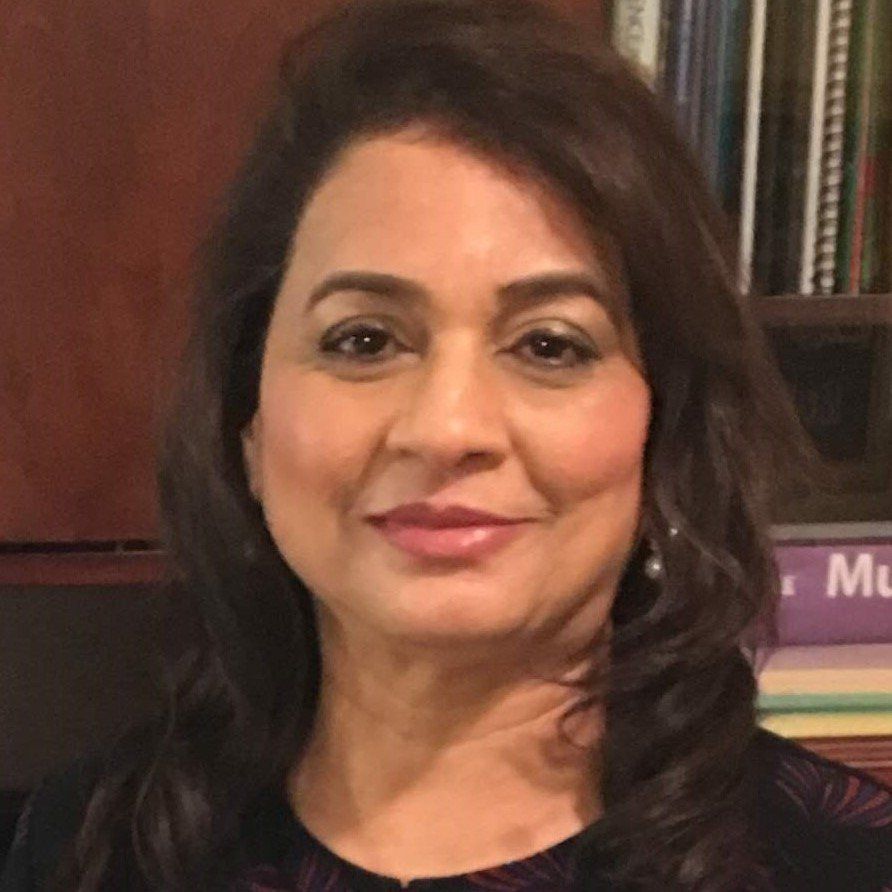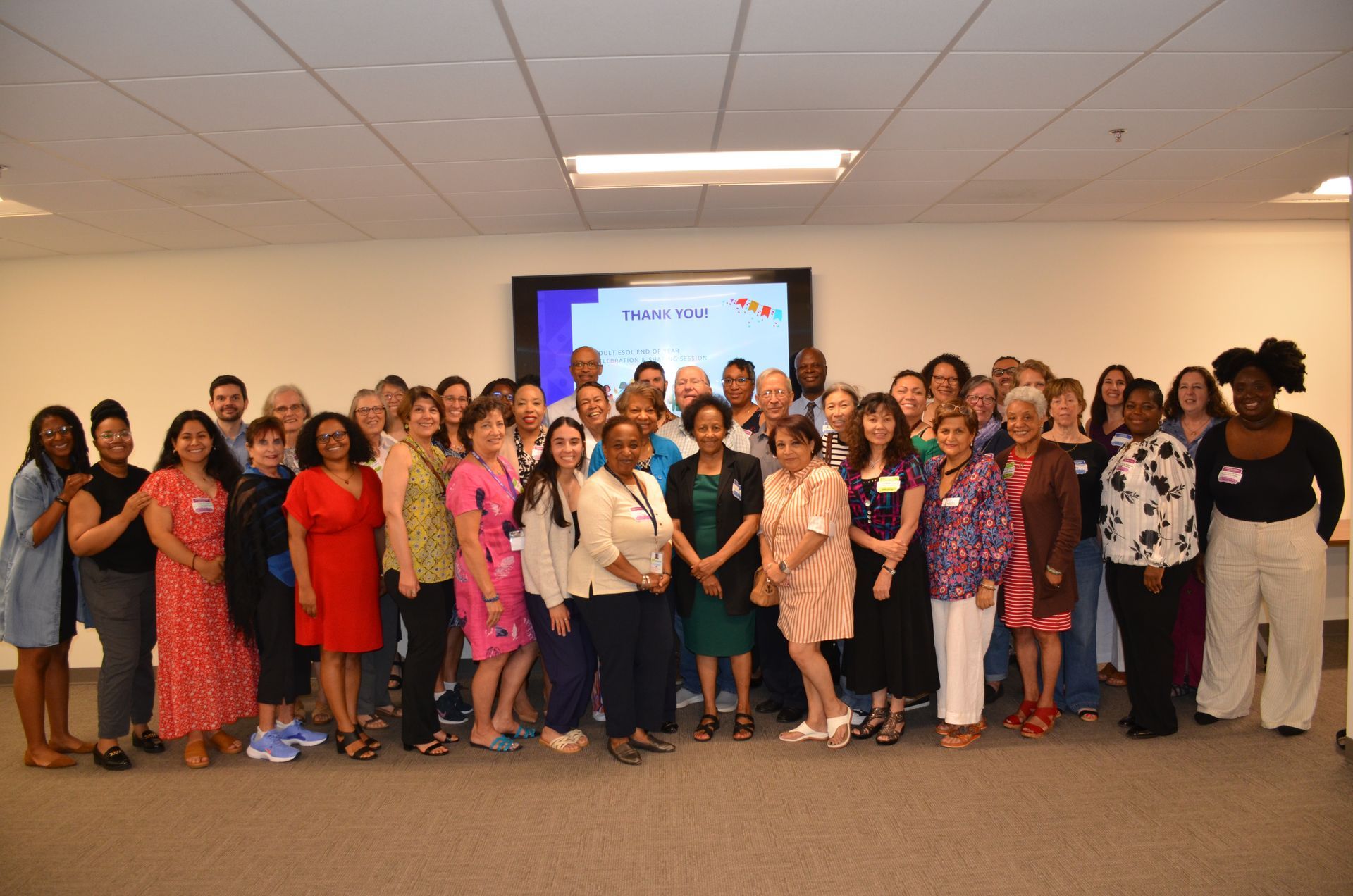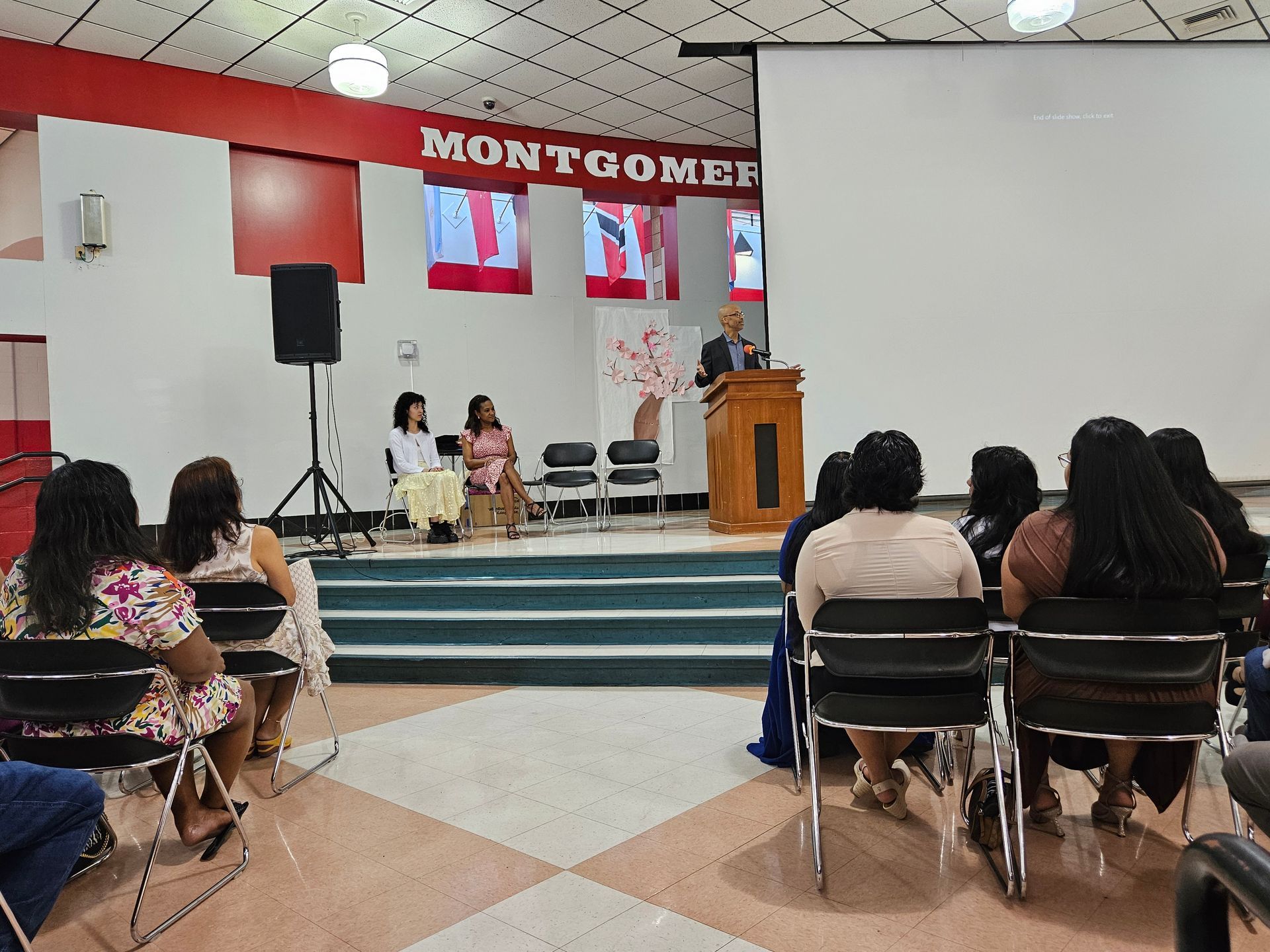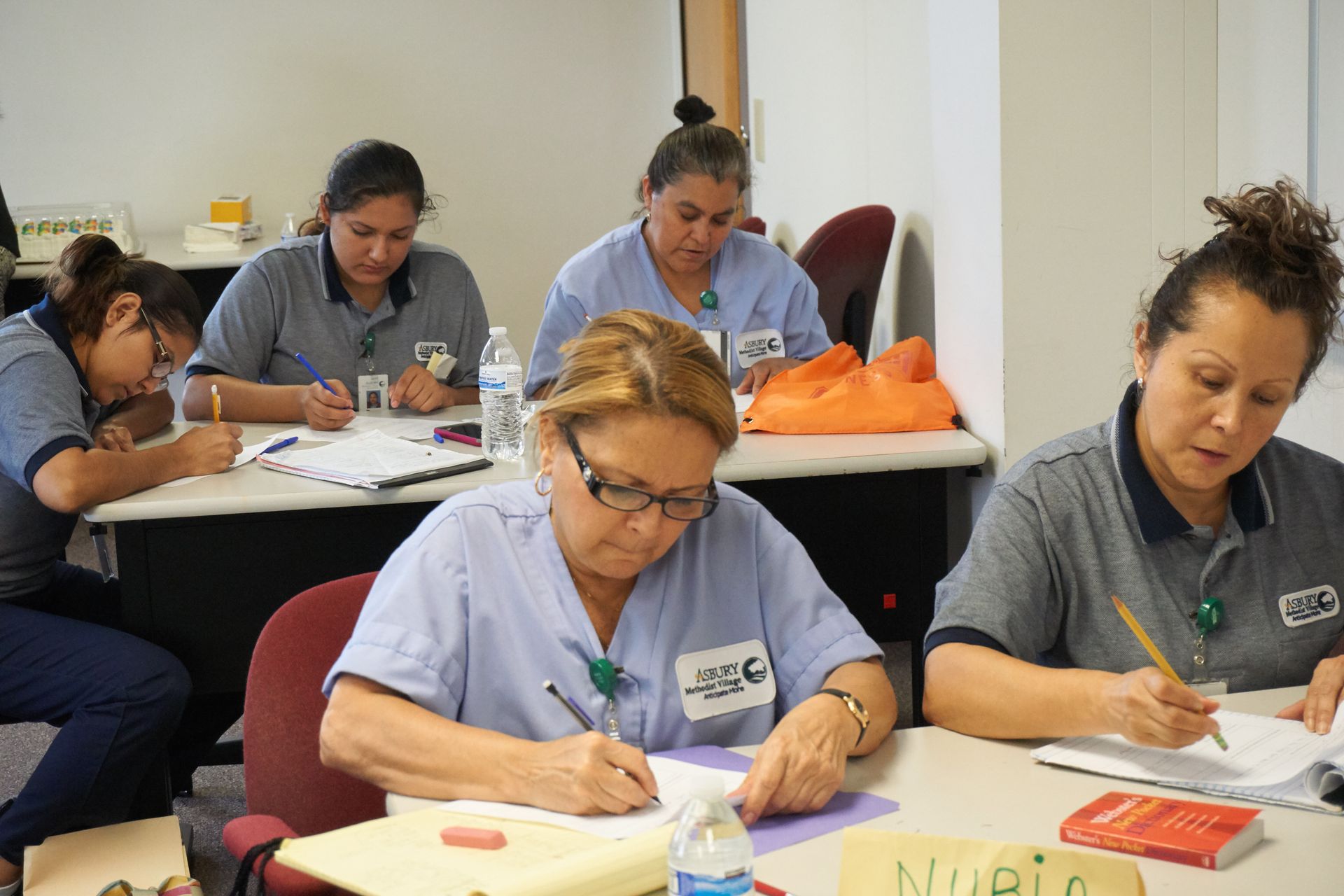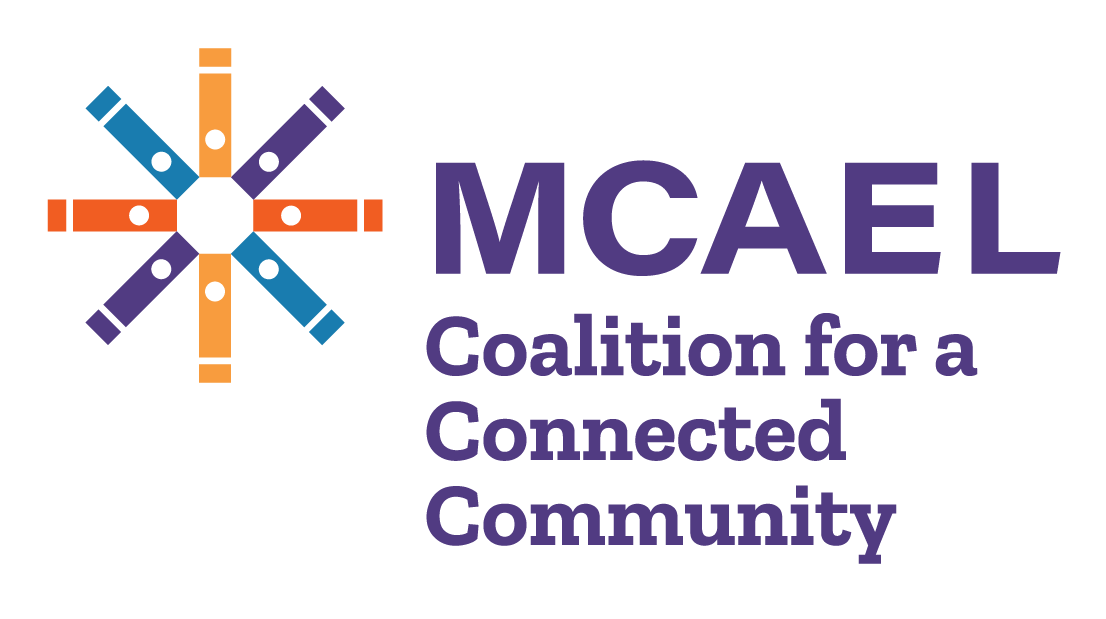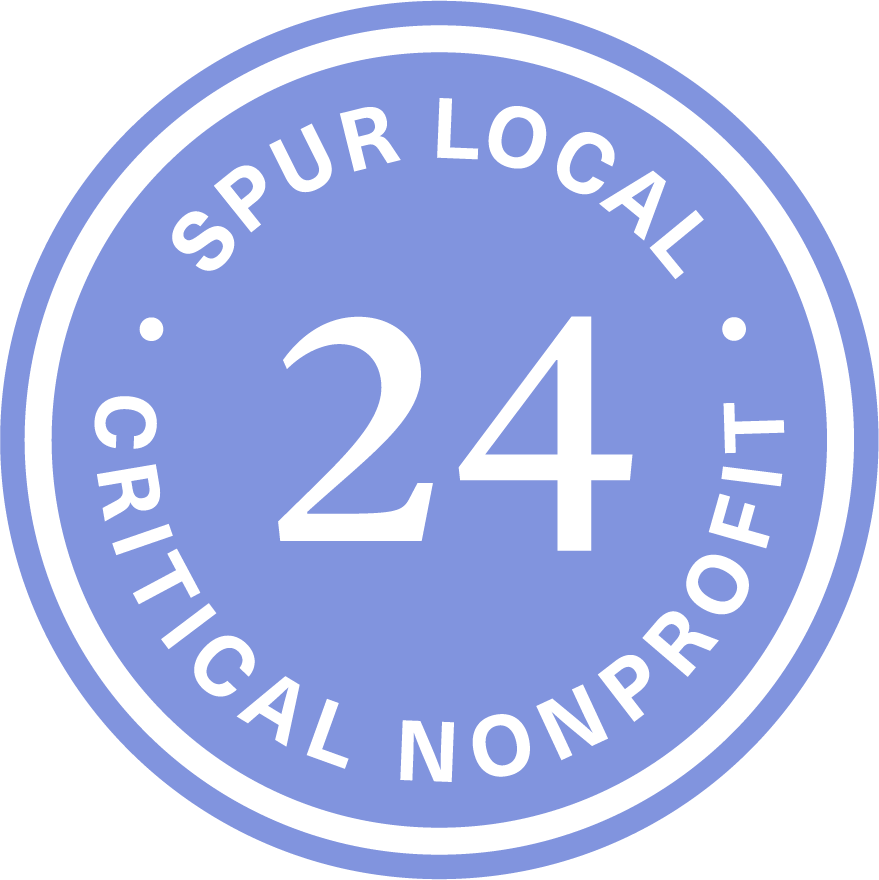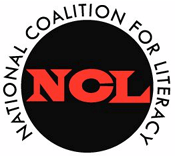Tell us a little bit about yourself and what has inspired you to be a teacher?
Originally from India, I have been living in the United States for 30 years. I have a master’s in science and a master’s in journalism. I have been a college instructor and a journalist, and I’m an author of an English grammar book. Apart from teaching ESOL part-time, I am a science writer.
Credit for my interest in ESOL teaching goes to my relatives. Back home, many relatives were taking ESOL classes, and on my visit in 2010, they expressed some of their doubts. I ended up teaching them English grammar every day, and, when it was time for me to leave, they asked when I would return to teach them again! They were overjoyed when I told them I could continue teaching from US too. We installed computers and Internet for them in specific homes, and nearby relatives would gather for the class. I taught them via Skype and Go to Meeting. So, they and other college students inspired and encouraged me to continue teaching.
What are the biggest challenges you face as an ESOL teacher?
Each ESOL learner has a different learning experience, background, and cultural heritage. Some have experience in academic and work environment, and others have never stepped in one! The challenge is to ensure that my instructions and explanations resonate with all. Since adults are conscious learners, it’s important to pick cues and give lot of encouragement.
What has teaching remotely during a global pandemic taught you?
I have been teaching remotely since 2010; however, teaching during the pandemic has brought in many online resources, that were lacking previously, or perhaps I was not aware of. During the pandemic, I started teaching ESOL at the Islamic Center of Maryland and gained valuable insights and input from them. Now that human interactions are fewer in the pandemic, I appreciate the interactions and gratification that come from teaching even more! It has given me and my students a wonderful sense of community besides a tremendous learning experience in a supportive environment.
What advice would you give to a new ESOL teacher or volunteer?
To teach well, teachers must have the passion to teach and also be passionate about the subject they are teaching. Teachers’ knowledge and interest in the subject as well as their energy, enthusiasm, and passion in teaching shows through and inspires and motivates students. Besides getting extensive knowledge of the subject, prepare well for classes, expect the unexpected questions and issues, and enforce discipline and consistency.
What have been your favorite pastimes during COVID-19?
I like reading, writing, and watching documentaries. During COVID-19, we discovered many hiking trails, parks, farms, botanical gardens, and country clubs nearby. As a family, we enjoy nature walks.
What do you find most rewarding about your work?
Every class is a treat for me when I see the students’ happy faces, their enthusiasm, gratitude, and how they look up to me. In the short-term, seeing increments in their knowledge and confidence makes me very happy. Over the years, I have felt my effort has been worth it, when they share news about better job and education opportunities or independently completing tasks that require higher-order skills. One mutual benefit in teaching English to adults is that we can have productive, interesting, and fun conversations on many topics, which broadens our horizons.
What is something you learned about your students during this remote teaching period?
Each student is accomplished in a way and contributes positively to local communities. They also help one another and have their Zoom sessions to practice English or discuss homework. The English classes have given them another avenue to expand their social and learning network. Despite their work and family obligations and the difficulties that the pandemic has added, they are a happy, chirpy, thankful, and dedicated bunch who finds great pleasure in learning and in the small things of daily life.
